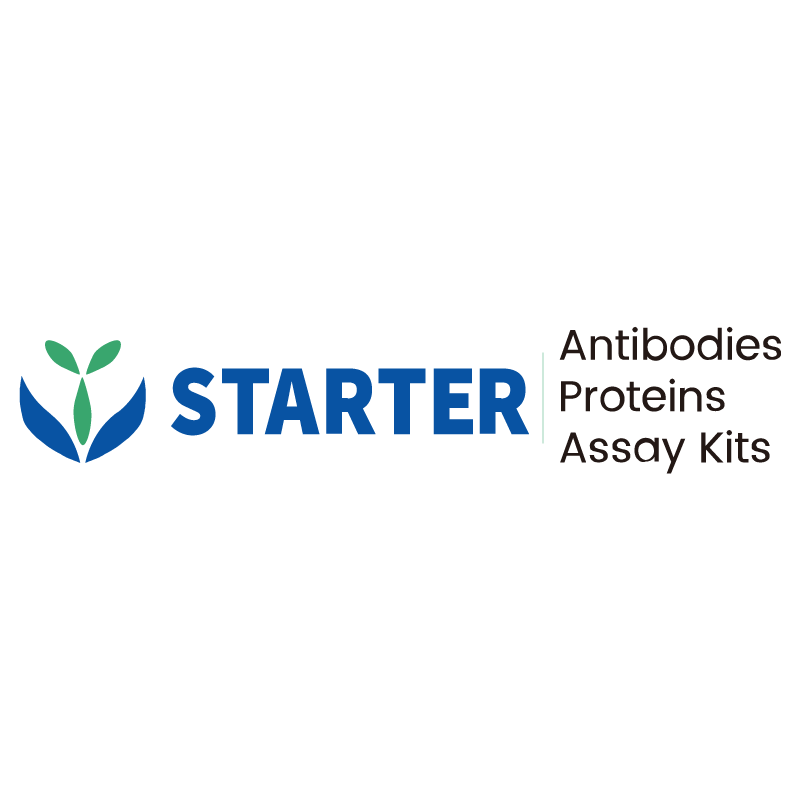Flow cytometric analysis of Human monocyte-derived mature dendritic cells labelling Human CD275 antibody at 1/2000 (0.1 μg) dilution/ (Right panel) compared with a Mouse IgG2b, κ Isotype Control / (left panel). Goat Anti-Mouse IgG Alexa Fluor® 647 was used as the secondary antibody. Then cells were stained with CD11c - FITC antibody separately.
Product Details
Product Details
Product Specification
| Host | Mouse |
| Antigen | CD275 |
| Synonyms | ICOS ligand; B7 homolog 2 (B7-H2); B7-like protein Gl50; B7-related protein 1 (B7RP-1); B7H2; B7RP1; ICOSL; KIAA0653; ICOSLG |
| Location | Cell membrane |
| Accession | O75144 |
| Clone Number | S-3082 |
| Antibody Type | Mouse mAb |
| Isotype | IgG2b,k |
| Application | FCM |
| Reactivity | Hu |
| Positive Sample | Human monocyte-derived mature dendritic cells |
| Purification | Protein A |
| Concentration | 2 mg/ml |
| Conjugation | Unconjugated |
| Physical Appearance | Liquid |
| Storage Buffer | PBS pH7.4 |
| Stability & Storage | 12 months from date of receipt / reconstitution, 2 to 8 °C as supplied |
Dilution
| application | dilution | species |
| FCM | 1:2000 | Hu |
Background
CD275, also called ICOS ligand (ICOSL) or B7-H2, is a 40–60 kDa glycosylated type-I transmembrane protein encoded by the ICOSLG gene on chromosome 21 and classified within the B7 and immunoglobulin superfamilies; it is expressed on B cells, dendritic cells, macrophages, monocytes, endothelial cells and various non-hematopoietic tissues, can be rapidly up-regulated by IFN-γ, TNF-α or LPS, and serves as the indispensable ligand for the inducible costimulator ICOS on activated T cells, thereby delivering a critical positive co-stimulatory signal that drives T-cell activation, proliferation, Th2 cytokine secretion and the generation of follicular helper T cells and germinal centers while simultaneously promoting B-cell differentiation into plasma cells and antibody production during secondary immune responses, and plays additional roles in reactivating effector/memory T cells on inflamed endothelium to control tissue entry and in skewing maternal immunity toward a protective Th2 phenotype during pregnancy; its dysregulation contributes to infection, hypersensitivity, autoimmune diseases, transplantation immunity and tumor immunity, and alternative splicing yields multiple isoforms with distinct tissue distributions and functions .
Picture
Picture
FC


